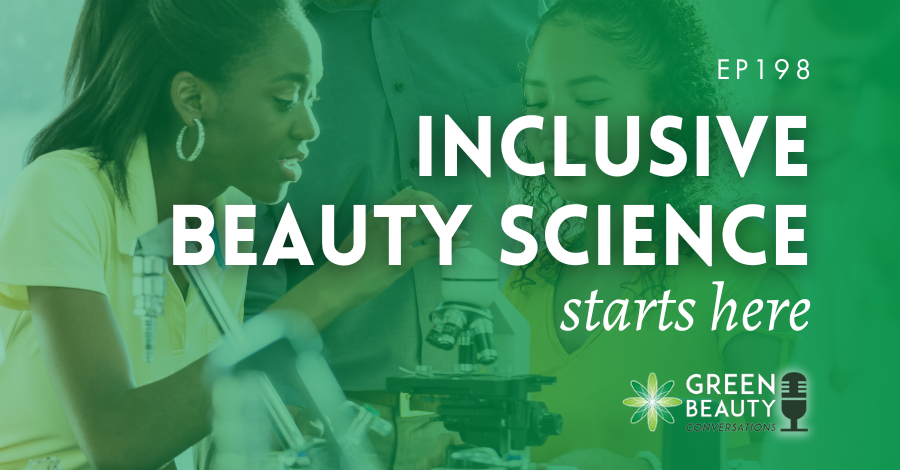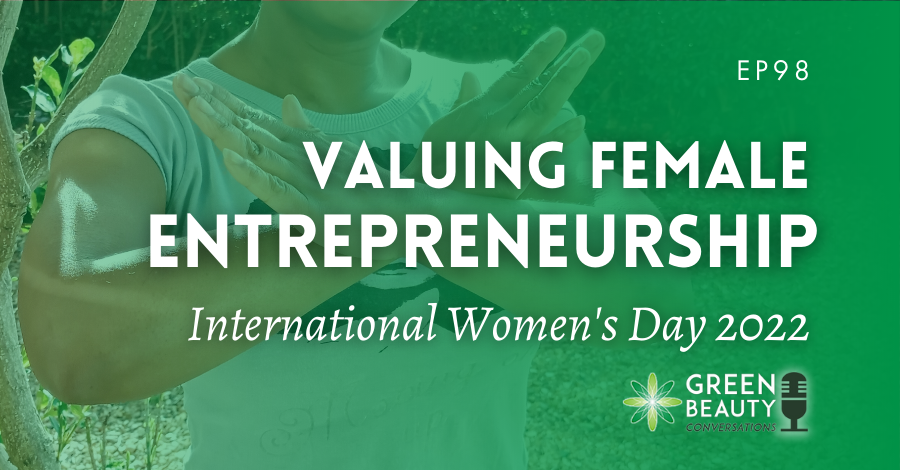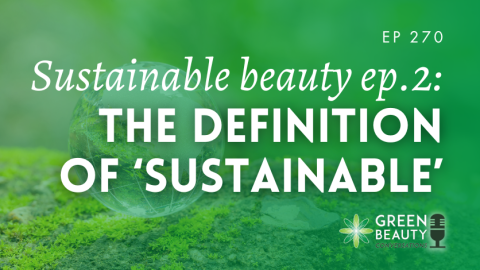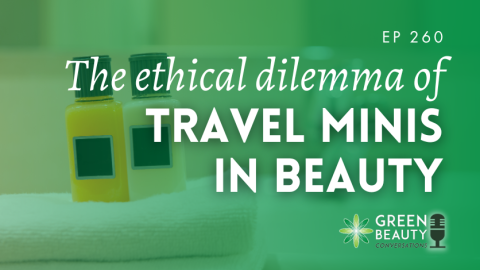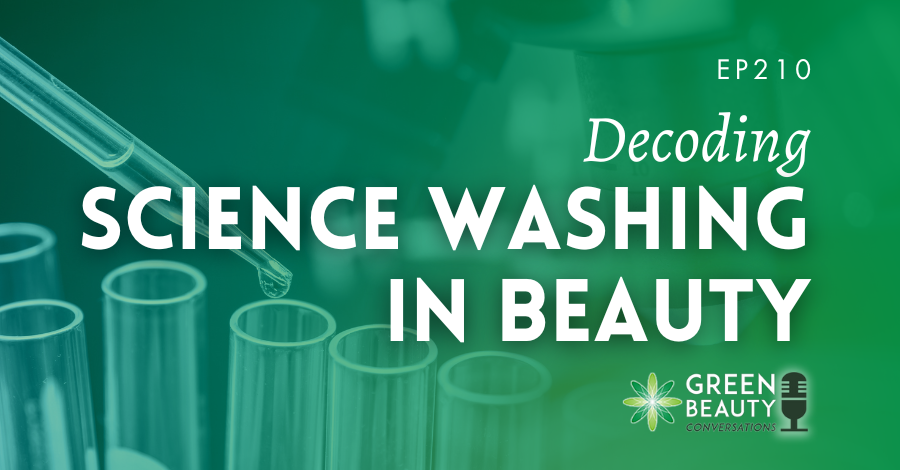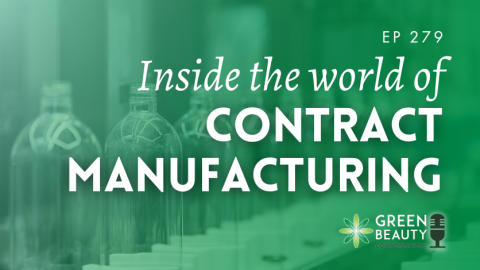In last week’s enlightening Green Beauty Conversations podcast, we delved into a pivotal conversation with Noelly Michoux from 4.5.6 Skin, exploring the significance of inclusivity in skincare science and formulation. Building on this crucial theme in this opinion episode, Formula Botanica CEO and podcast host Lorraine Dallmeier reflects also on her episode with guest Dija Ayodele – author, aesthetician and beauty industry advocate for women of colour – which discussed why black skincare matters.
However, if the giant cosmetic labs creating next-gen skincare and haircare aren’t thinking about including all skin tones and hair types in their R&D, there will never be true inclusivity and choice. Here, Lorraine dedicates her opinion short to this critical aspect of the beauty industry – scientific inclusivity. Join us as Lorraine unravels the layers of scientific inclusivity and its impact on personal care science.
Inspirational quote:
“As Noelly emphasised, inclusivity is evolving in marketing and PR, yet there’s work to be done in the scientific realm of cosmetics. Today, we shine a spotlight on scientific inclusivity, exploring its meaning, origins, and profound effects on personal care science.” – Lorraine Dallmeier
Key takeaways from this opinion on inclusivity in skincare science:
- Diversity in STEM careers: Scientific inclusivity begins with diversifying the field of science, technology, engineering, and mathematics (STEM) careers. A report from the UK’s Royal Society reveals stark disparities, with only 19.2% of STEM academic staff aged 34 and under being Asian and a mere 1.8% being black.
- Inclusivity in sample studies: Noelly’s insights shed light on the challenge of finding research on darker skin tones, emphasising the need for inclusive sample studies. The use of predominantly white samples in Western world research, as reported by Nature, hinders the development of therapies suitable for diverse populations.
- Sample inclusivity in haircare: Highlighting the limitations of sample inclusivity, Lorraine shares her experiences researching for the School’s Organic Haircare Formulation Diploma. Existing studies predominantly focus on straight hair types, leading to inadequate categorisation of hair textures, and use of the problematic term “ethnic hair”.
- Benefits of scientific inclusivity: Scientific inclusivity ensures that research benefits a broader spectrum of people, aligning with the UN’s definition of science as a common good. The call for better inclusivity is not just a finger-pointing exercise but a collective effort needed across the entire beauty industry.
- Our challenge: Lorraine challenges us to champion the cause of scientific inclusivity. Beyond surface-level diversity in marketing, she urges us to engage in conversations that penetrate the core of research, formulation, and product design. Let’s collectively drive positive change in the beauty industry.
Thank you for joining us for this episode of the Formula Botanica Green Beauty Conversations podcast. If you enjoyed listening, please share, subscribe and review this episode on Apple Podcasts, Spotify or Youtube so that more people can enjoy the show. Don’t forget to follow and connect with us on Facebook and Instagram.
FREE TRAINING
Learn how to become an
Organic Skincare Formulator
FREE TRAINING
How to become an
Organic Skincare Entrepreneur
FREE TRAINING
How to become an
Organic Skincare Entrepreneur
Leave us a comment
Lorraine Dallmeier is a Biologist, Chartered Environmentalist and the CEO of Formula Botanica, the award-winning online organic cosmetic science school. Read more about Lorraine and the Formula Botanica Team.

